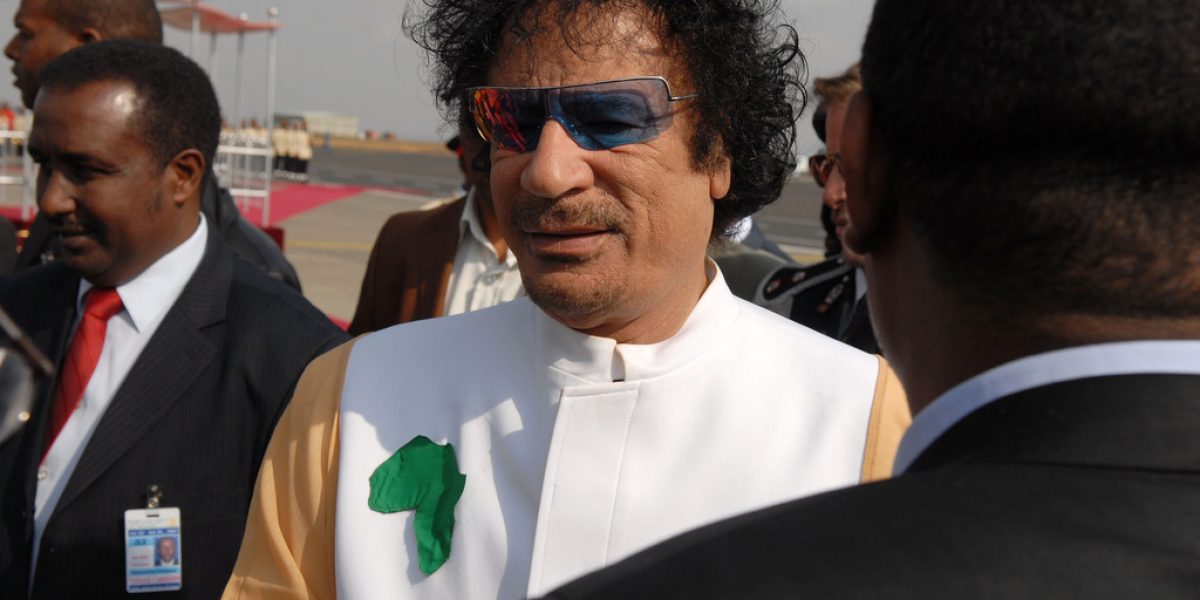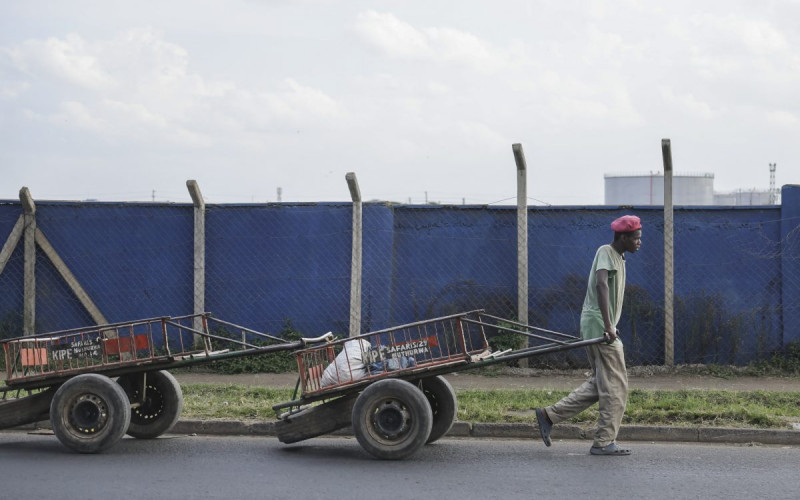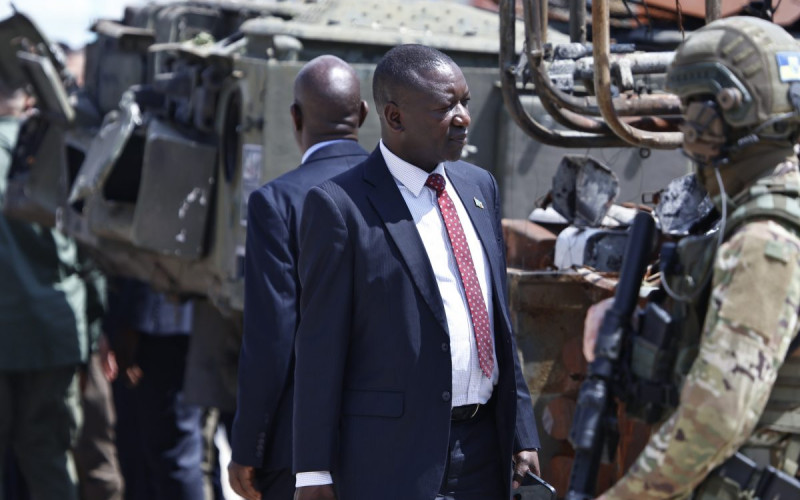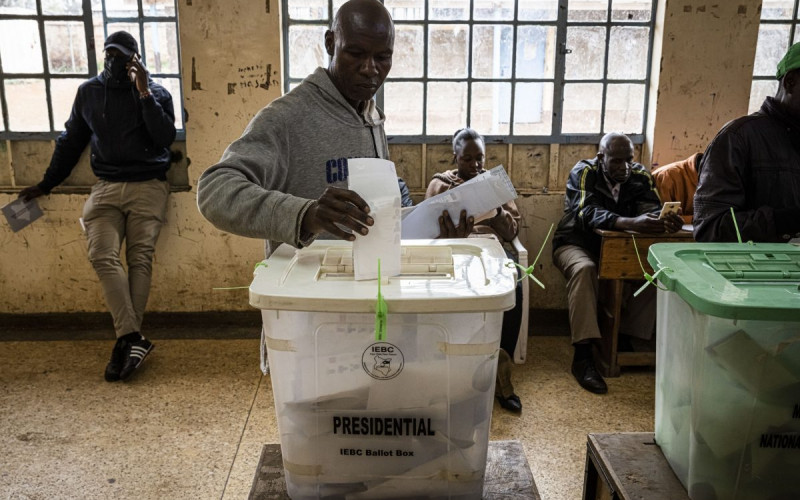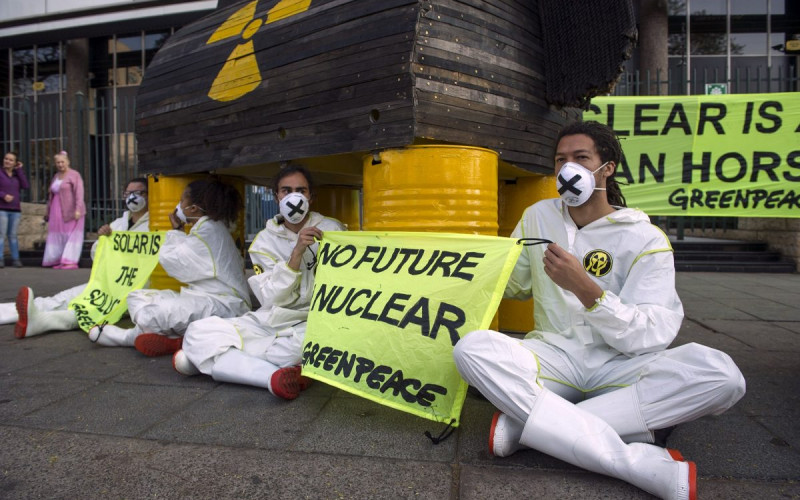This is the first time he has served as head of either the African Union or its predecessor, the Organisation of African Unity. What is the significance of this move and what are its likely consequences?
Gaddafi has long been the most active proponent among African heads of state of the creation of a United States of Africa. If achieved, this would be the practical realisation of an ideal that had its origins in Pan Africanist conferences held over the past hundred years in the Caribbean, the United States and Britain.
Pan Africanism was promoted in Africa itself initially by Kwame Nkrumah when he led Ghana to independence in 1958.
But even today the idea of African unification is most passionately advocated by members of the Diaspora who live outside the continent and who would not have to deal with the realities flowing from the achievement of their vision for Africa.
Excepting Muammar Gaddafi, that is. Heads of state in Addis Ababa were treated to the spectacle of the Libyan leader arriving in a brilliant gold cloak and cap, surrounded by seven gold-clad figures who were announced to be traditional African kings.
Brother Leader was described as “King of Kings”. All that was missing was the coronation itself.
The first serious decision on the steps needed to set up a Union Government of Africa was adopted at the AU’s Accra Summit in 2007. African leaders were far from unanimous about the concept itself and the steps needed to establish it.
The usual committees were established to work out the modalities and fudge the profound differences that exist among African leaders.
The Libyan proposal was to start with a Ministry of Defence to administer an African army and a Ministry of Transport and Communications to oversee the improvement of Africa’s infrastructure. The latter is a commendable objective that could improve the quality of life of Africans and make intra-African trade and travel a more realistic prospect.
Indeed, the main item on the agenda of the 2009 Summit was Infrastructure Development in Africa.
But there are two major problems: First, the ability of African nations to meet the costs and provide the capacity, and secondly the fact that most African countries trade with the developed world, rather than among themselves. Because of disagreements among leaders meeting behind closed doors, the summit was unable to complete its work in the allotted three days, even after sitting until 3 a.m. and the meeting continued into a fourth day. In the end they agreed to change the name of the African Union Commission to the African Union Authority, a nod to the ideal of a Union Government.
At the political level there are two major stumbling blocks. While all African leaders give token support to the concept of African unity, they also demand recognition of the principle of national sovereignty. At least part of the reason why the Zimbabwe issue has been so difficult to deal with has been the insistence that Zimbabwe’s national sovereignty should not be infringed. The second issue is the point of view graphically expressed by former President Thabo Mbeki in an address at the University of Cape Coast in Ghana during the 2007 AU Summit. He said that he had never heard of anyone who started to build his house from the roof down.
The Abuja Treaty of 1991 provides for the creation of Regional Economic Communities (RECs) as the building blocks for progressive African unification. While RECs for all regions in Africa have nominally been set up, the record of their achievements range from reasonable to non-existent. If it has proved so difficult to create effective regional communities and regional rapid response brigades, how much more difficult would it be instantaneously to set up and run a single government with a single military force for all of Africa.
Crudely put, it would boil down to this: Who will get the big car? Would 52 African heads of state be prepared overnight to cede their trapping of power and prestige and their nation’s sovereignty to one among their number, whether he styles himself as “King of Kings” or some other outrageous title? I think not.
Sadly for him, Gaddafi’s year as head of the African Union will produce nothing more substantive than the tenure of all his predecessors, but it may be more flamboyant!!

